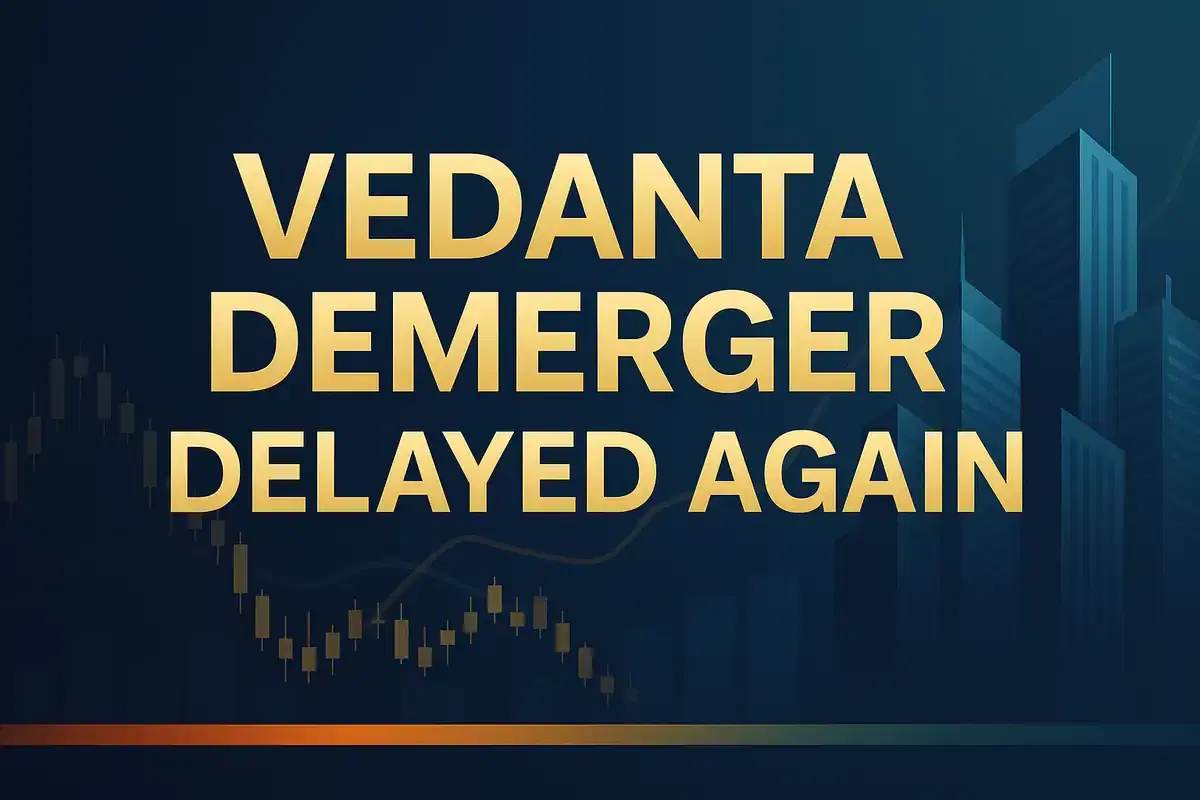Vedanta Demerger Delayed Again as NCLT Reschedules Hearing to November 12
Industrial Goods/Services
|
29th October 2025, 3:57 PM

▶
Stocks Mentioned :
Short Description :
Detailed Coverage :
Vedanta Limited's proposed demerger, aimed at separating its various business verticals to streamline operations and unlock shareholder value, has faced another delay. The National Company Law Tribunal (NCLT) bench in Mumbai, which is hearing the matter, has been reconstituted, leading to the postponement of the hearing until November 12. This means the tribunal will have to re-hear the entire case, including objections raised by the Ministry of Petroleum and Natural Gas.
Despite the procedural setback, Vedanta has received a significant nod from the Securities and Exchange Board of India (SEBI) for its revised demerger plan. The initial plan envisioned splitting the company into six entities, but the revised scheme focuses on four group companies: Vedanta Aluminium Metal, Talwandi Sabo Power, Malco Energy, and Vedanta Iron and Steel. Notably, the base metals business, which was part of the initial proposal, will now remain within the parent Vedanta Limited.
Impact This recurring delay introduces continued uncertainty for investors regarding the company's future structure and the potential realization of value from the demerger. It could lead to prolonged volatility in Vedanta's stock price and delay the anticipated benefits of operational efficiency and focused management for the individual business units. Rating: 6/10.
Difficult Terms: Demerger: The process of splitting a company into two or more independent entities. National Company Law Tribunal (NCLT): A specialized judicial body in India established to handle corporate disputes and insolvency proceedings. Scheme of Arrangement: A court-approved plan detailing how a company's corporate structure will be reorganized, often involving demergers, mergers, or capital restructuring. Reconstituted Bench: A new panel of judges or members appointed to hear a specific legal case, implying that the case might be reviewed from the start. Ministry of Petroleum and Natural Gas (MoPNG): The Indian government ministry responsible for policies and regulations related to the country's oil and gas sector. Securities and Exchange Board of India (SEBI): The primary regulatory body for securities and the capital market in India, responsible for investor protection and market integrity. Shareholder Value: The value delivered to a company's shareholders, often measured by stock price appreciation and dividends.